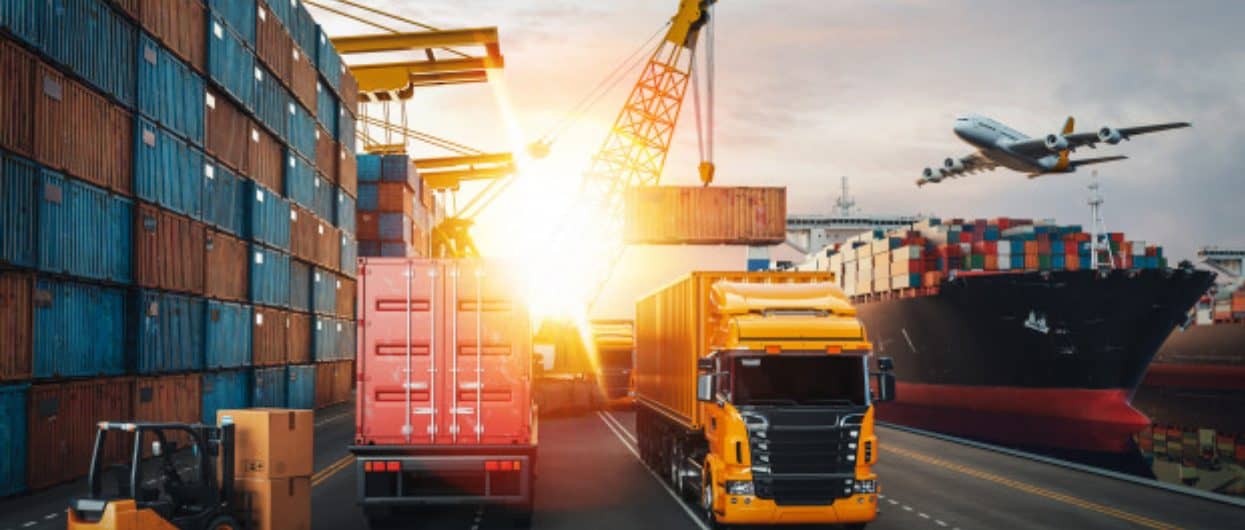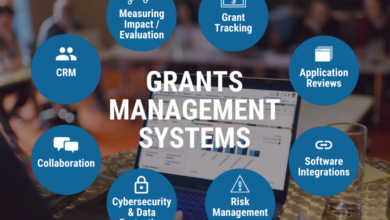The Future Is Here, With Modern Logistics

We are entering the era of modern logistics and it is absolutely revolutionary. Businesses that have been running for years now have the opportunity to revolutionize their delivery process by embracing these new technologies. Whether you are an established business or a brand-new company, there are no reasons not to take advantage of this new world order in today’s society.
The Future of Logistics
The future of logistics is here, and it’s looking very modern. With new technologies and approaches being developed all the time, logistics is becoming more and more efficient and effective. Here are just a few examples of what the future of logistics looks like:
- Automation: Many processes in logistics are already automated, and this trend is only going to continue. Automation can help to improve accuracy and efficiency, while also reducing costs.
- Big data: The use of big data is becoming increasingly important in logistics. By collecting and analyzing large amounts of data, companies can make better decisions about things like route planning and stock management.
- Sustainability: Sustainability is becoming a bigger priority for both consumers and businesses, so it’s no surprise that it’s also becoming a key concern for the logistics operations industry. Companies are looking for ways to reduce their environmental impact, whether that means using cleaner vehicles or investing in renewable energy.
- E-commerce: The growth of e-commerce is changing the way that goods are transported around the world. As more and more people shop online, businesses need to find efficient ways to get orders to customers quickly and without any damage.
The Challenges of the Supply Chain
The future is here, and it’s brought with it a whole new set of challenges for the supply chain. In today’s fast-paced world, businesses need to be able to move goods quickly and efficiently in order to keep up with the competition. That means that the supply chain has to be able to adapt and change as quickly as the market does.
That can be a challenge, but it’s one that modern logistics is up to. With the help of technology, businesses can now track their shipments in real time, which gives them the ability to make changes on the fly if necessary. They can also communicate with their suppliers and customers more easily and efficiently than ever before.
All of these things are making the supply chain more efficient and effective overall. However, there are still some challenges that need to be addressed. For example, the increasing complexity of the supply chain can make it difficult to keep track of everything that’s going on. There also needs to be a greater focus on sustainability and environmental issues, as well as on security.
But overall, the future looks bright for the supply chain. With the help of modern logistics, businesses will be able to meet the challenges of tomorrow head-on and come out.
How Modern Logistics Fulfillment Works?
What if you could get your products to your customers without ever having to leave your house or office? That’s the power of modern logistics. Logistics is the process of planning, implementing, and controlling the movement and storage of goods. It’s a complex process that requires coordination between different parties, but when it’s done right, it can be a huge competitive advantage for businesses.
There are many different aspects to logistics, but one of the most important is fulfillment. Fulfillment is the process of getting products from the point of manufacture or storage to the customer’s doorstep. It’s a critical part of the customer experience, and it can make or break a sale.
There are many different ways to fulfill orders, but the most common is through a third-party logistics provider (3PL). 3PLs are companies that specialize in managing the logistics of ecommerce businesses. They have warehouses all over the world, and they use sophisticated inventory management software and track orders. When an order is placed, the 3PL picks, packs, and ships the product to the customer.
Another option for businesses is to use drop shipping. Drop shipping is a fulfillment method where businesses don’t keep any inventory in stock ; instead, they simply ship products directly to customers once an order is placed. This model is popular among businesses that don’t have the capital or space available to store and organize a large inventory.
The Future of Retail
The future of retail is here, and it’s powered by modern logistics. By harnessing the power of technology, logistics companies are able to provide retailers with unprecedented levels of efficiency and flexibility. This means that retailers can offer their customers a wider range of products, faster delivery times, and a better overall shopping experience.
In order to stay competitive in the future, retailers need to partner with Logistics companies that are at the forefront of this technology revolution. Here are three reasons why:
Increased Efficiency
Logistics companies are using cutting-edge technology to streamline their operations. This includes things like automated warehouse systems, real-time tracking of inventory, and advanced routing algorithms. As a result, retailers can rely on them to get orders out the door faster and with fewer errors.
Improved Flexibility
With modern logistics, retailers have access to a much wider range of delivery options. This includes same-day delivery, Sunday delivery, and even two-hour delivery windows. This flexibility allows retailers to better meet the needs of their customers.
Greater Scalability
As online shopping continues to grow in popularity, retailers need to be able to scale their operations quickly and efficiently. Modern logistics can help retailers do just that. It can help them expand their ecommerce operations quickly, efficiently and cost effectively.
Conclusion
The future of logistics is here, and it’s looking pretty bright. With the help of modern technology, we are now able to track our shipments with ease, making sure that they arrive on time and in good condition. We can also communicate with our suppliers and customers more effectively, which has made doing business a whole lot easier.




